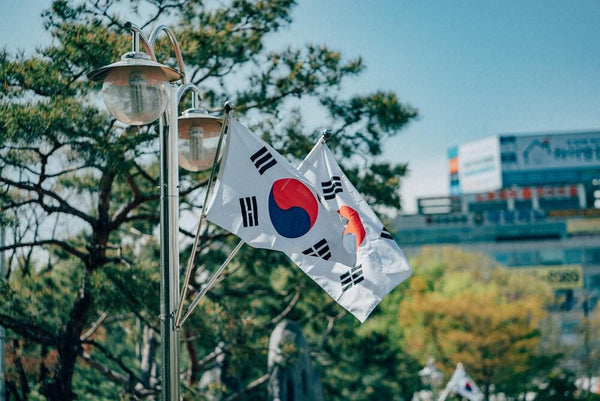What Are Family Values in South Korea?

South Korean family members are loyal, loving, and caring. They are family-oriented and follow family traditions sincerely. In addition, Korean families have a strong tie between generations. You might have noticed strong Confucian values in Korean dramas and television series. They also follow family values in their real lives. Sons take care of their parents in old age and live with them. In short, Korean culture depicts a smooth flow and harmony between family members.
So, what are the family values in South Korea? Confucian values are the key in South Korean families. It includes patriarchal authority in which the father or husband is the guardian or head of the family. He takes care of his family and, in return, receives filial piety from his family. The head is the decision-maker of the family.
This post emphasizes the family values in South Korea. Just keep reading to know how fantastic Korean families are.
What Are the Values in South Korea?

The traditional Korean family structure follows Confucian values. If you have no idea about Confucian values, let’s explain them first. Confucianism was the teachings of the Chinese philosopher Confucius. These teachings emphasize morality in a family, personal betterment, respect for age, and authority. It means Koreans give priority to family harmony rather than individual happiness.
Traditionally, Korean families had patriarchal authority. The eldest male was the family head. He expected good behavior from his wife and children. And he was supposed to provide kindness and care to his family. The age of a family member was the key to determining his place in the family.
After Korean War, culture became modernized. Earlier, father was responsible for making their kids well-disciplined. Now, mothers share this responsibility. At the same time, family is still the center of Korean culture as it was before.
Why Is Family So Important in South Korea?

Family is so important in South Korea because they have adopted Confucian values from their ancestors. Although Korean culture is modernized, family culture still follows its traditional customs. Most youngsters participate in functions where they pay tribute to their ancestors.
However, the youngsters influenced by western culture focus on individual empowerment. They are less family-focus and want to live independently. Such family members create distances and become a cause of family tension.
What Is Expected to Be Observed by The Head of Family in South Korea?
The most admired value of Korean culture is the husband, or the eldest member is the head of the family. He takes care of his family, shows kindness, and guides them. In return, all family members respect his decisions. He is responsible for providing food, shelter, and clothes to his family.
As you see harmony and affection in Korean families, conflicts are also common in most families. Many youngsters don’t like to stay with their parents. They think it is strict to live a bound life. At the same time, due to such behavior of children, older Koreans often prefer to live alone or with their spouses only.
How Do Koreans Treat Their Parents?

The Koreans who follow traditional family values treat their parents with kindness and affection. They are responsible for all needs of their parents at an older age. They show love and respect for their decisions. Even they train their kids to use respected voices for anyone more aged.
In fact, most Koreans treat their parents in a respectable manner in their lives and even after their death. They take care of them at an older age and organize proper funerals and ceremonies after their death.
Final Thoughts
The family values in South Korea involve respect for elders, love and loyalty for partners, and kindness and affection for kids. Most Korean families are pursuing their traditional values. However, westernization also affects family norms in South Korea, and some youngsters prefer to live an independent life.



